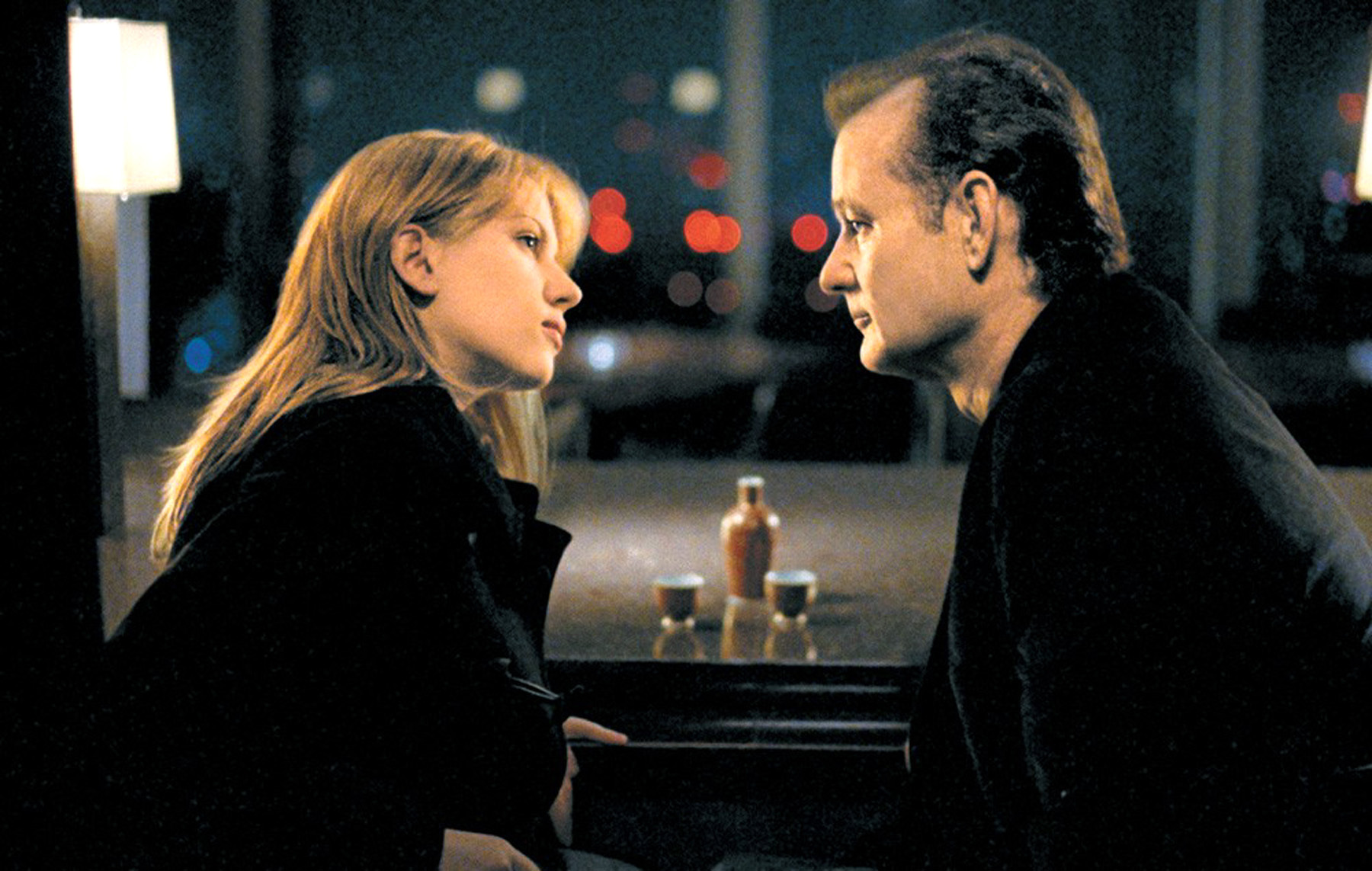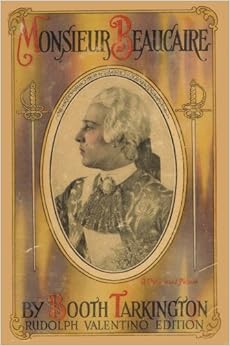Dietrich Bonhoeffer, letter from New York, 1939,
quoted in Bonhoeffer: Pastor, Martyr, Prophet, Spy by Eric Metaxas
Dietrich Bonhoeffer had been in America before and spoke English well enough to communicate, yet still it was not his own language. This second trip to New York was perhaps his last chance to escape the war he knew was coming to Europe. His difficulties with English were not the only reason he longed to return to Germany as quickly as possible. He wanted to be back home to try to do what he could to protect his people from the madness of Adolf Hitler. Before the war's end he would lose his life in a Nazi prison for his involvement in an unsuccessful plot to assassinate Hitler. Yet the strangeness of the English tongue seems to have been a factor hastening his return home, where despite all the dangers that awaited him, he could at least communicate easily with those around him.
 Two days after reading the above line in the excellent Bonhoeffer biography I happened to watch again Lost in Translation, Sofia Coppola's 2003 film starring Bill Murray and Scarlett Johansson. The movie makes much the same point Bonhoeffer made in that one simple sentence. The story tells of two people with little in common other than that they are both lonely Americans stuck in Tokyo, where simple communication proves difficult even with the services of a translator. He's a former movie star in Japan to make television commercials. She's a newlywed traveling with her husband, a photographer who is too busy to spend much time with her. Both have insomnia, and staying in the same hotel they become very close, almost but not quite lovers.
Two days after reading the above line in the excellent Bonhoeffer biography I happened to watch again Lost in Translation, Sofia Coppola's 2003 film starring Bill Murray and Scarlett Johansson. The movie makes much the same point Bonhoeffer made in that one simple sentence. The story tells of two people with little in common other than that they are both lonely Americans stuck in Tokyo, where simple communication proves difficult even with the services of a translator. He's a former movie star in Japan to make television commercials. She's a newlywed traveling with her husband, a photographer who is too busy to spend much time with her. Both have insomnia, and staying in the same hotel they become very close, almost but not quite lovers.
I am reminded of some of our nearest neighbors in Florida. An elderly woman, recently moved into a nursing home, came to America from Poland in her youth and understands English well, even though her own speech remains difficult for Americans to understand. A year ago my wife and I were conversing haltingly with her by the pool when a man came along and spoke a few words to her in Polish. She became instantly animated and began talking in Polish with a broad smile on her face. He tried to explain that he had spoken virtually the only Polish words he knew, but she ignored him and kept talking happily in the language she knows best.
On the other side of us lives a couple in their 80s who rarely leave their condo. Partly this is due to their declining health, but I sense it must also have to do with language. They are both from Portugal and, like the Polish woman, can understand English better than they can speak it. My wife and I have tried to befriend them, yet true communication remains difficult. They must, like Bonhoeffer in New York, sometimes feel "hopelessly lonely."
At the breakfast table this morning I read a portion of another Bonhoeffer letter, this to one of his closest friends. "That the two of us could be connected for five years by work and friendship is, I believe, a rather extraordinary joy for a human life," he wrote. "To have a person who understands one both objectively and personally and whom one experiences in both respects as a faithful helper and adviser -- that is truly a great deal."
We all yearn for someone like that in our lives, someone with whom we can truly communicate -- someone who speaks our language.







